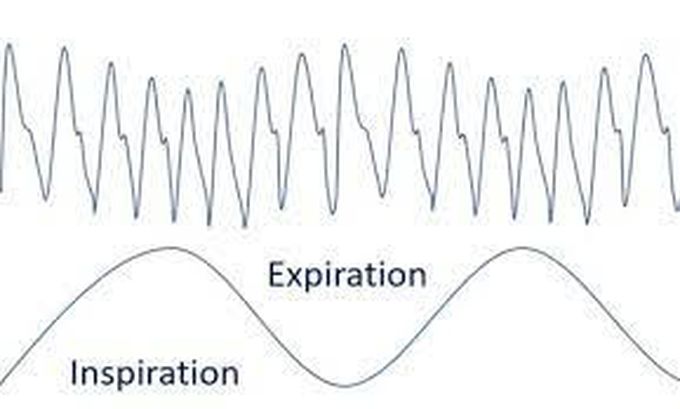


Treatment of pulsus paradoxus
Pulsus paradoxus isn’t an illness and requires no specific treatment. It’s something your provider can use during a clinical exam to figure out if your underlying lung or heart disease is affecting the function of your heart chambers. Providers use pulsus paradoxus to make decisions about when to intervene on your lung or heart disease. Conditions that cause pulsus paradoxus make it hard for your heart or lungs to function. Some of these conditions put pressure on your lungs or heart. Others involve narrow or blocked parts in your lungs or heart. Treatment involves relieving pressure on your organs or opening up narrow airways or heart valves, for example. Treatments to resolve these issues in your heart or lungs may include: Pericardiocentesis or surgery for cardiac tamponade. Surgery or medication for constrictive pericarditis. Medicine, surgery or a minimally invasive procedure for a heart attack. Medicine, drainage of the fluid, scar tissue creation or surgery for pleural effusion. Medicines for restrictive cardiomyopathy. Medicines for asthma. Medicine and surgery for tricuspid atresia. Medicine or surgery for a pulmonary embolism. Air drainage or surgery for a collapsed lung. Medication, physical therapy or surgery for thoracic outlet syndrome. Medicines and extra oxygen for COPD. Surgery to correct pectus excavatum.
I’ve been living with COPD for quite some time, and for years, I struggled to find lasting relief. While conventional medications provided temporary help, the symptoms always returned and often got worse.Out of a mix of hope and hesitation, I decided to try an herbal treatment program from NaturePath Herbal Clinic. I’ll admit, I was skeptical at first. But around the fourth month, I began to notice real, steady progress:My breathing became easier the tightness in my chest lessened my energy levels slowly started to return It wasn’t an overnight transformation, but it was consistent and truly life changing. For the first time in years, I feel more in control of my health. I can breathe more freely, sleep more peacefully, and enjoy daily life without the constant fatigue and breathlessness I once accepted as normal.The improvements I’ve experienced physically, emotionally, and mentally have been nothing short of uplifting.If you’re exploring natural options for managing COPD, I wholeheartedly recommend NaturePath Herbal Clinic. Their approach has made a real difference in my life, and I’m genuinely grateful I gave it a chance.www.naturepathherbalclinic.com info@naturepathherbalclinic.com
https://www.facebook.com/AspenDoseCBDGummiesPage/


